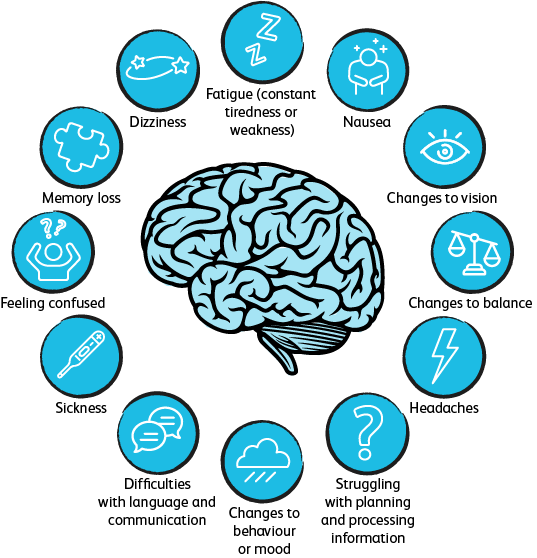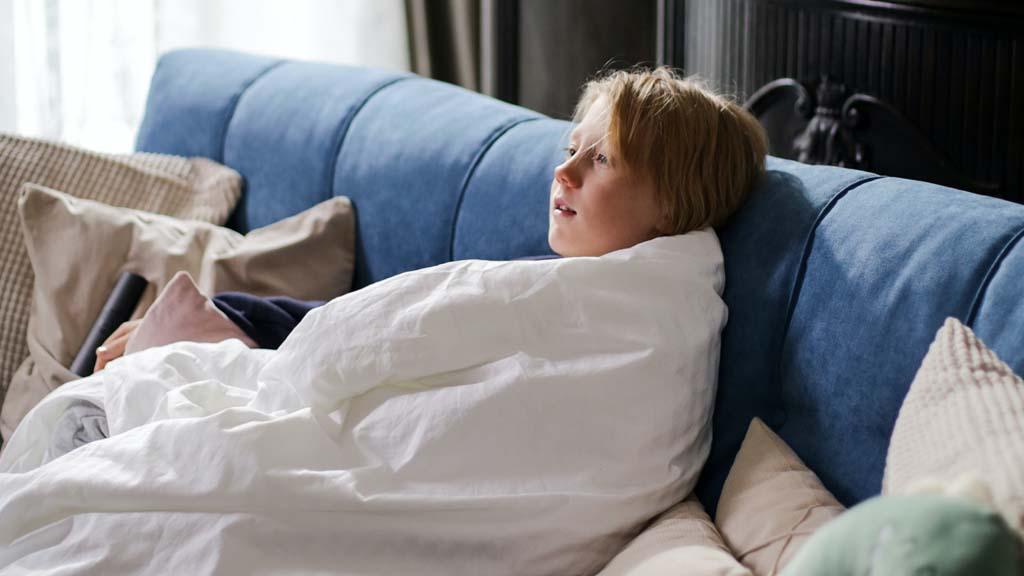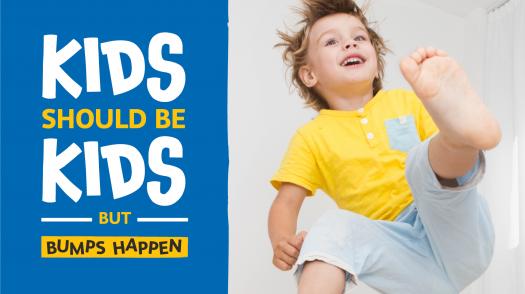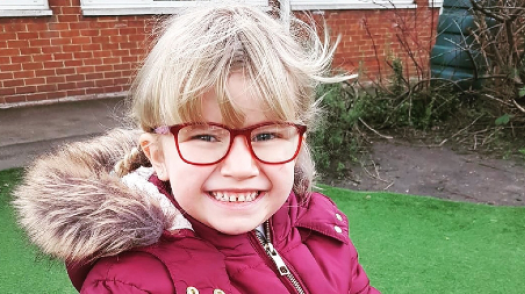Concussion is a temporary injury to the brain caused by a bump, blow or jolt to the head (NHS). It can also be caused by indirect knocks like a sports tackle to the lower body. Concussion normally only lasts up to a few days or weeks, although emergency treatment is sometimes needed and there may be longer-lasting problems.
Families and schools may use the word ‘concussion’, ‘mild concussion’ or ‘mild brain injury’ following a bump to the head. We recommend seeking medical advice if your child sustains a head injury – with the following guide providing written information for parents/carers.
A child does not need to have lost consciousness to experience a concussion, so the effect of the bump is not always obvious.
Our information covers changes in your child to watch out for, symptoms that you shouldn’t ignore, and when to seek further help.
Signs of concussion
Most children and young people make a full recovery after a concussion, however some can experience long-term difficulties as a result of bumping their head. Sometimes these difficulties are obvious, but often they are subtle.
To identify the signs of concussion in younger children, see our Babies and toddlers - bumps to the head section.
It is common for children and young people to experience symptoms of concussion for a few days or weeks following a head injury.
Over the first few days, there are certain things to look out for that could be signs of concussion. These include:





